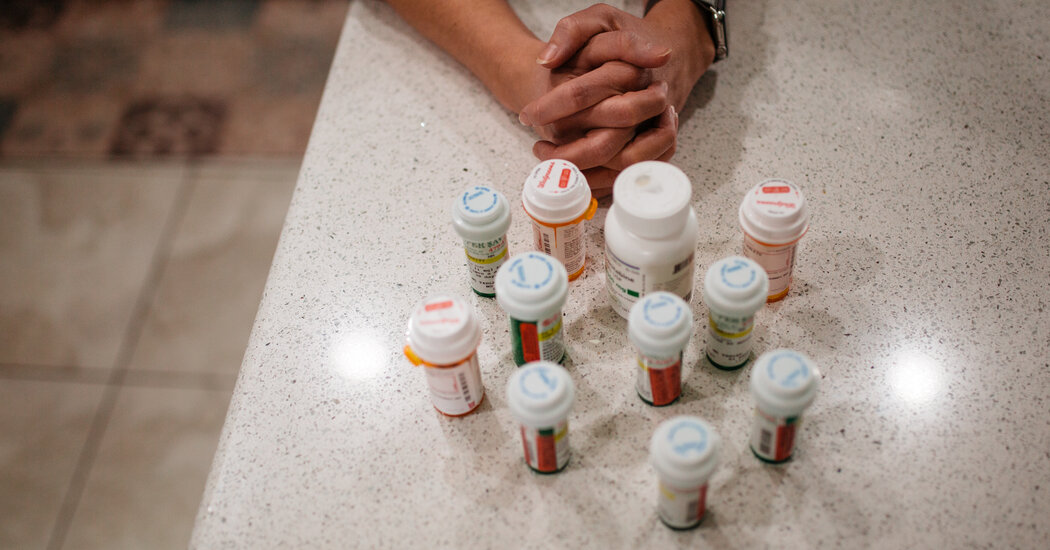How an Opioid Settlement Hinders Patients’ Access to ADHD Medication and Other Drugs
An agreement between attorneys general and major drug distributors increased scrutiny on medications for A.D.H.D., addiction, anxiety and pain.Nearly a year after a sweeping opioid settlement imposed new requirements on the companies that provide medications to pharmacies, patients across the United States are having difficulty obtaining drugs to treat many conditions, including anxiety, attention deficit hyperactivity disorder and addiction.The $21 billion settlement, which was brokered between the three largest American pharmaceutical distributors and the attorneys general of 46 states, was designed in part to correct practices that had flooded the country with prescription painkillers, contributing to the nation’s opioid crisis. Distributors are placing stricter limits on drug supplies to individual pharmacies and heavily scrutinizing their dispensing activity.But the oversight is not limited to opioids: It applies to an array of drugs known as controlled substances that have the potential to be addictive or habit-forming, such as muscle relaxants or medications like Xanax, used to treat anxiety and panic disorders.As a result, tens of thousands of drug orders have been canceled, disrupting the flow of medication nationwide as the distributors — powerful but little-known wholesalers — navigate the line between implementing safeguards and making necessary drugs available.Ilisa Bernstein, chief executive of the American Pharmacists Association, said that the controls, which took effect in July, had created “havoc” for some pharmacies.“They have patients coming in to get medication, and they can’t have it,” Ms. Bernstein said. “It’s disrupting patient care.”The distributors use algorithms that cap the quantities of controlled substances a pharmacy can sell in a month. Before the settlement, pharmacists said, they could explain to a distributor the reason for a surge in demand and still receive medications past their limits. Now the caps appear to be more rigid: Drugs are cut off with no advance notice or rapid recourse. As a condition of the settlement, distributors cannot tell pharmacies what the thresholds are.Distributors are also monitoring orders that appear to mirror the practices of pill mills that blanketed the country with opioids, including the dispensing of certain combinations of drugs — such as opioids and sedatives — or filling orders for people who live far away. Attorneys general who led the settlement talks had accused distributors of asking few questions and profiting heavily as they shipped billions of deadly pills to communities devastated by overdoses.But some doctors said that legitimate prescriptions were being caught in the dragnet, while pharmacists said they were declining to dispense some medications for fear of setting off triggers.Distributors can investigate and resolve red flags if they are satisfied by a pharmacy’s explanation, but they can also stop supplying them with controlled drugs altogether.Fentanyl Overdoses: What to KnowCard 1 of 6Devastating losses.
Read more →
